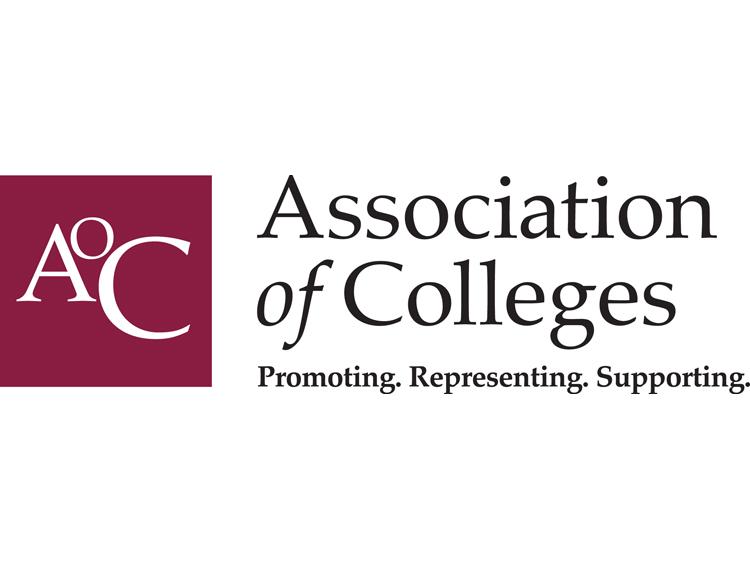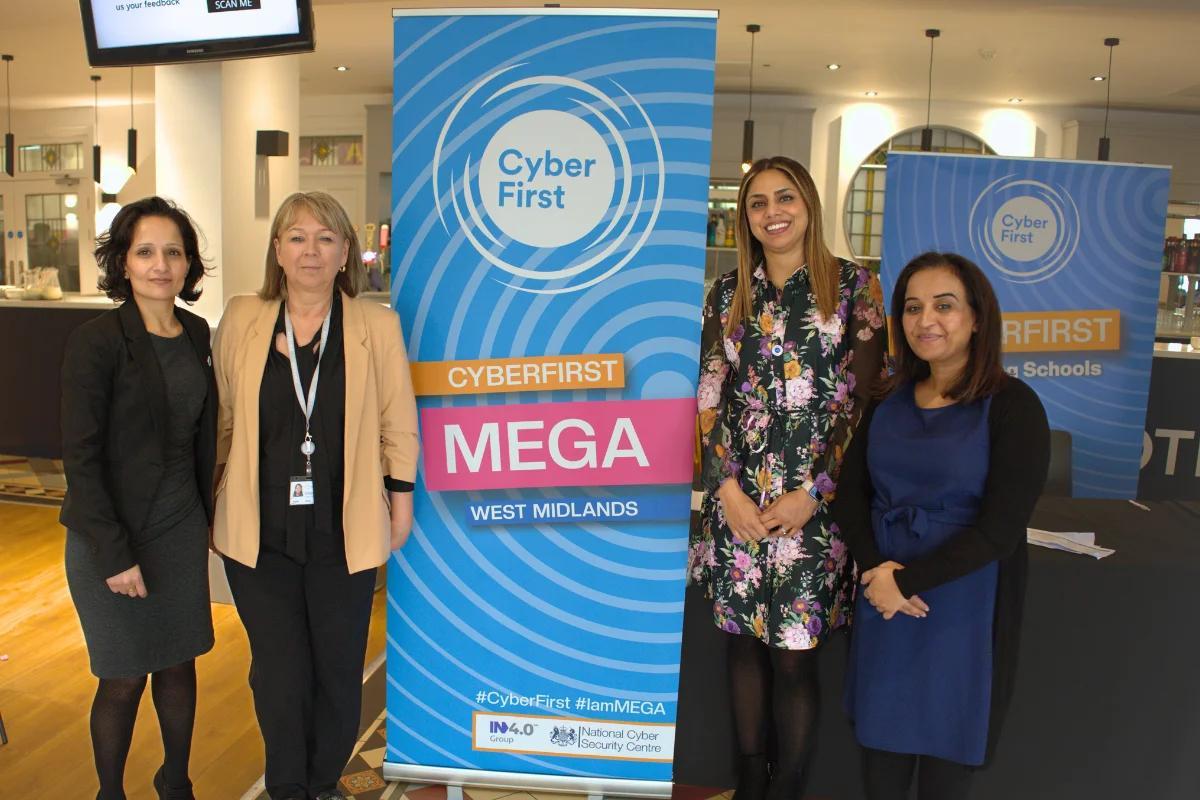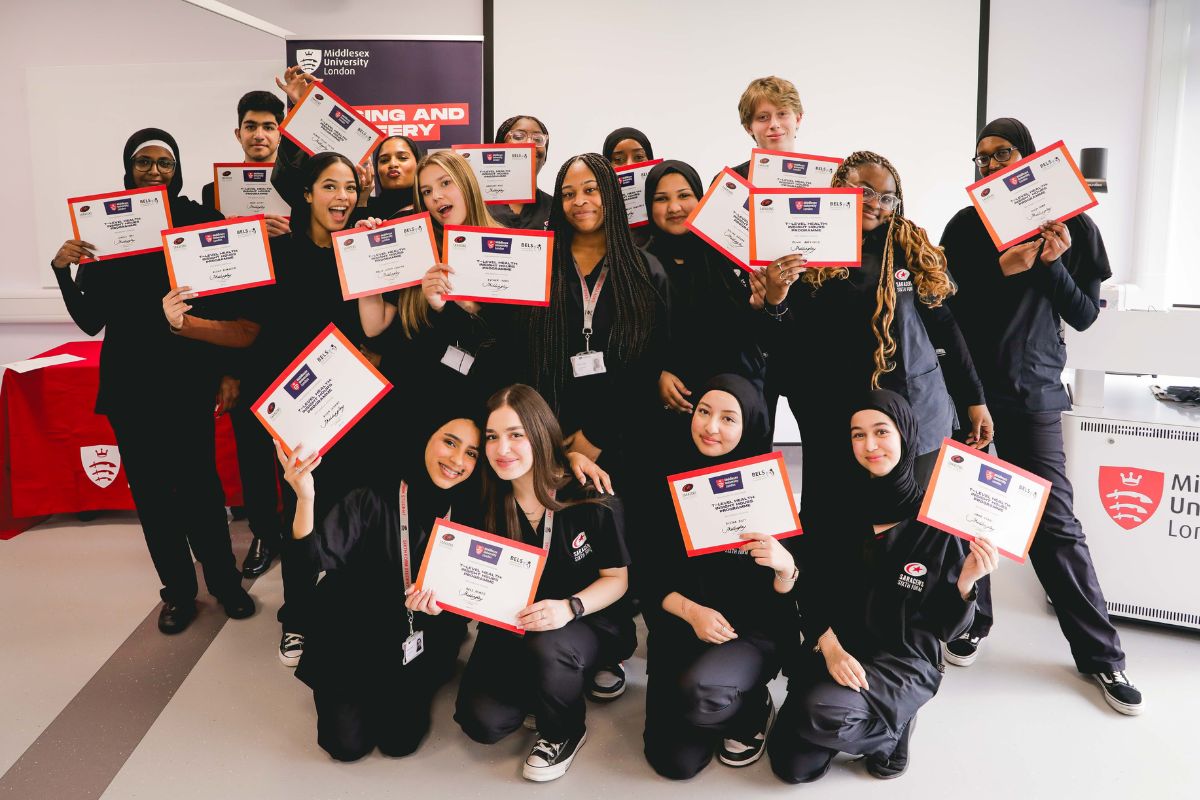“Fundamental culture change” needed to address skills shortage in UK

The Open University and the Association of Colleges (AoC) have come together to call for a national skills strategy with long term investment and reform in adult education to address the skills crisis in the UK. The organisations want to work with the Government to shape adult learning across Further and Higher Education, and say that speed, scale, partnerships and investment are key to achieving the home grown talent that the UK needs in the run up to leaving the European Union. The call comes as part of both the OU’s and AoC’s responses to the Government’s Industrial Strategy Green Paper.
 Steve Hill, External Engagement Director at The Open University said: “We welcome and support the focus on developing skills in the Industrial Strategy, and we must seize the chance that this presents to develop lifelong learning, which will rectify the skills crisis that the UK is facing and raise productivity. We need to give adults flexible and affordable ways to retrain and develop new skills; this is a massive opportunity to deliver a fundamental culture change which could bring big benefits to the UK economy.”
Steve Hill, External Engagement Director at The Open University said: “We welcome and support the focus on developing skills in the Industrial Strategy, and we must seize the chance that this presents to develop lifelong learning, which will rectify the skills crisis that the UK is facing and raise productivity. We need to give adults flexible and affordable ways to retrain and develop new skills; this is a massive opportunity to deliver a fundamental culture change which could bring big benefits to the UK economy.”
 Ian Ashman, President of the Association of Colleges, said: “We welcome the recognition by the Government that skills development is a critical part of the Industrial Strategy. However, if we want to provide adults with proper opportunities to improve their existing skills, learn new ones or retrain for a new job, there must be a renewed focus on access to education and training. We now call on the Government to take the next step and lead the change to create a culture of lifelong learning in our society, for the benefit of employers, individuals and our economy.”
Ian Ashman, President of the Association of Colleges, said: “We welcome the recognition by the Government that skills development is a critical part of the Industrial Strategy. However, if we want to provide adults with proper opportunities to improve their existing skills, learn new ones or retrain for a new job, there must be a renewed focus on access to education and training. We now call on the Government to take the next step and lead the change to create a culture of lifelong learning in our society, for the benefit of employers, individuals and our economy.”
The organisations say that change in adult learning needs to incorporate four key considerations:
- Speed. We need to start to skill and reskill people right now.
- Scale. The strategy must be ambitious about the numbers of people it plans to reach, and be flexible in the variety of learning approaches used, including learning in institutions, in the workplace and digital and online learning
- Partnership. We need to build on existing partnerships and establish new coalitions to deliver the change
- Investment. We need to build and encourage investment in skills from the Government, individuals and employers.
The OU and AoC also identify key elements to help Government encourage lifelong learning:
- An education and careers information, advice and guidance (IAG) service that is available to people of all ages
- Clear progression pathways for adults, including apprentices, which help people build careers through enhanced skills
- A national credit rating and transfer service for recognition of prior education
- Personalised learning accounts -‘Help to Learn ISAs’ which could be used for approved learning or training
- Guaranteed total apprenticeship spending, particularly with more funds available for smaller employers, who are outside the scope of the levy, reserving funds to support quality and access.
About the Association of Colleges – www.aoc.co.uk: AoC’s membership includes 301 colleges in England, including general further education, sixth form, tertiary and land-based colleges. It supports, represents and promotes the interests of its member colleges, as well as the rest of the FE sector.
Further education colleges provide high-quality technical and professional education and training for young people, adults and employers. They prepare over three million students with valuable skills for the workplace, helping to develop their career opportunities and strengthen the local, regional and national economy.
Colleges are inspirational places to learn because education and training is delivered by expert teaching staff in industry-standard facilities. From basic skills to postgraduate degrees, colleges offer first rate academic and vocational teaching, in a range of professions including engineering, hospitality, IT, construction and the creative arts.
Sixth form colleges provide high-quality academic education to 16 to 18-year-olds enabling them to progress to university or higher level vocational education.
About The Open University: The Open University (OU) is the largest academic institution in the UK and a world leader in flexible distance learning. Since it began in 1969, the OU has worked with over 2,400 organisations, taught more than 1.8 million students and has almost 180,000 current students, including more than 15,000 overseas.
Over 70% of students are in full-time or part-time employment, and four out of five FTSE 100 companies have sponsored staff to take OU courses.
In the latest assessment exercise for university research (Research Excellence Framework, 2014), nearly three quarters (72%) of The Open University’s research was assessed as 4 or 3 star – the highest ratings available – and awarded to research that is world-leading or internationally excellent. The Open University is unique among UK universities having both an access mission and demonstrating research excellence.
The OU has a 42 year partnership with the BBC and has moved from late-night lectures in the 1970s to co-producing prime-time series such as The Hunt, Life Story, The Bottom Line, Britain’s Great War, I Bought a Rainforest and Business Boomers. In 2013/14 OU co-productions were viewed by 220m people in the UK which prompted more than 600k visits the OU’s free learning website, OpenLearn.
Regarded as Britain’s major e-learning institution, the OU is a world leader in developing technology to increase access to education on a global scale. Its vast ‘open content portfolio’ includes free study units on OpenLearn, which received 5.2million unique visitors in 2012/13, and materials on iTunes U, which has recorded more than 66 million downloads.












Responses